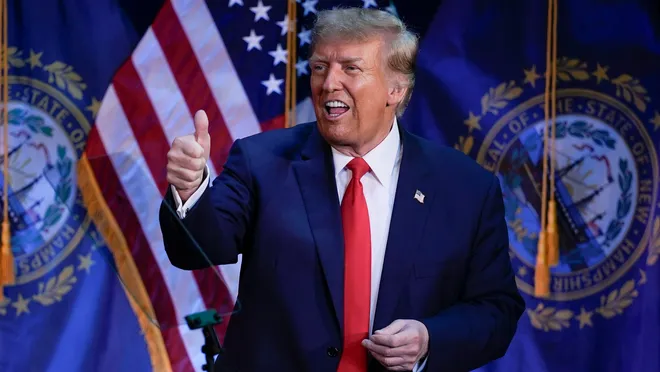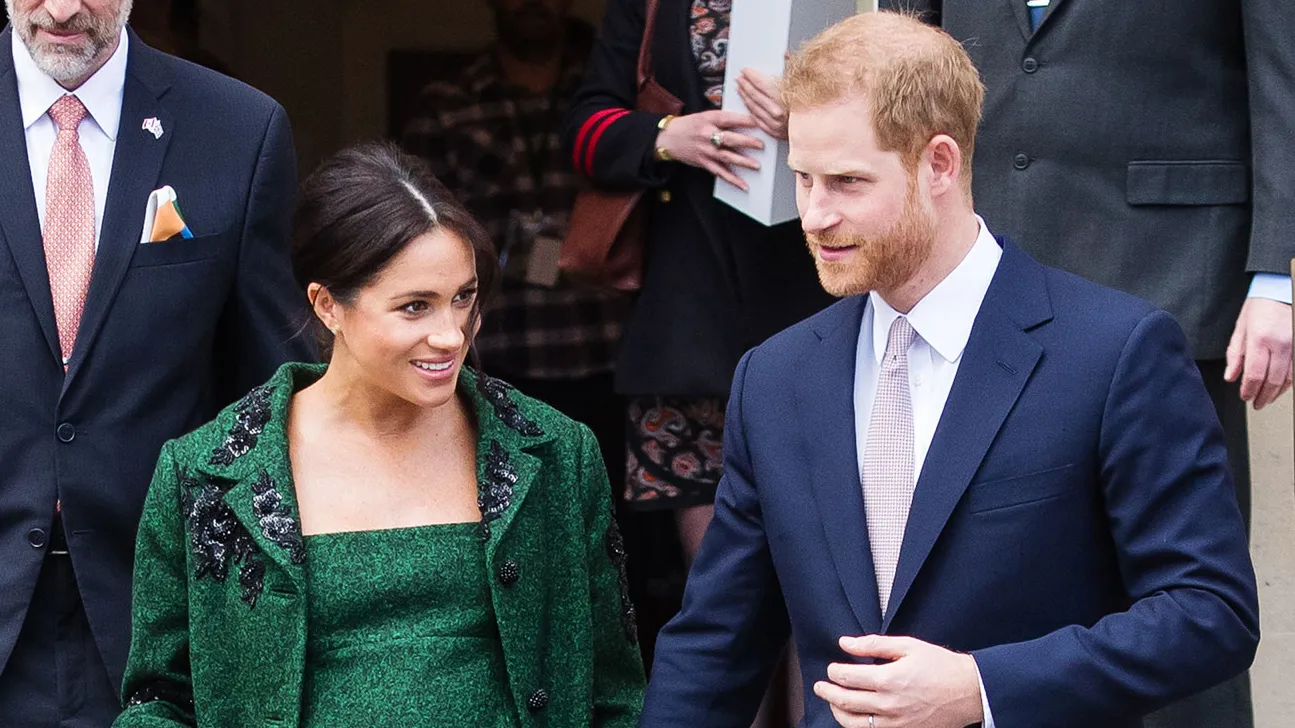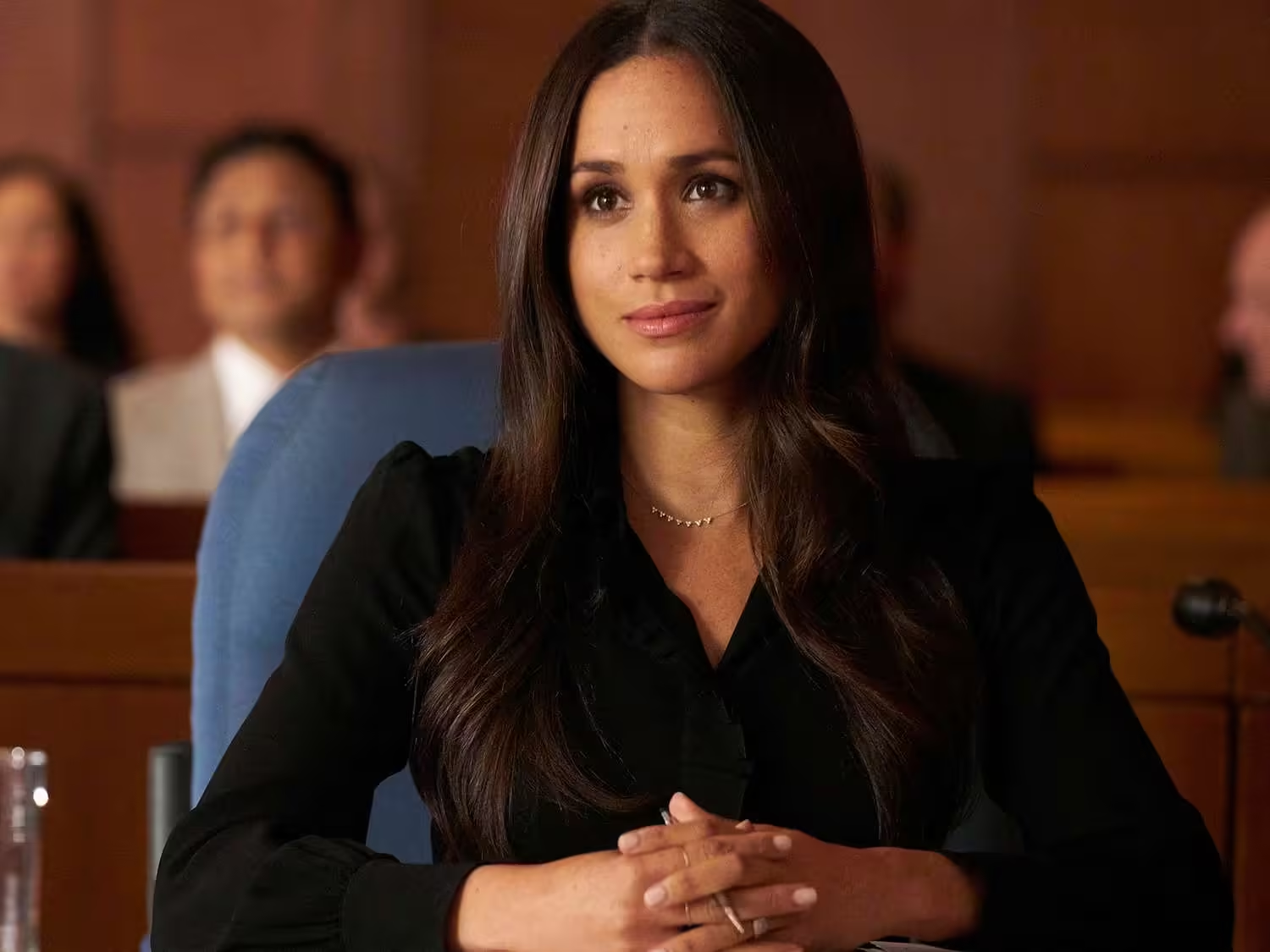In the midst of a presidential campaign in New Hampshire, Donald Trump, the former president and likely Republican nominee, skillfully intertwined political bravado and ongoing legal challenges. Boasting about facing more indictments than the notorious gangster Al Capone, Trump showcased a unique mix of confidence and defiance on the snowy campaign trail.
During a rally in Atkinson, New Hampshire, on January 16, Trump not only acknowledged his legal troubles but suggested that the success of the Iowa Caucuses might have been influenced by the numerous charges against him. With 91 charges across four cases from New York to Florida, Trump mused about the trade-off between legal burdens and political support, leaving the audience in suspense.
Trump toggled between campaign events and legal battles throughout the month, participating in civil trials where his presence wasn’t mandatory. His courtroom appearances, however, were far from conventional. In one trial, a judge reprimanded Trump for delivering testimony that sounded more like a campaign rally, while another judge scolded him for speaking too loudly with his lawyers.
U.S. District Judge Lewis Kaplan, presiding over a defamation trial, admonished Trump on January 17, a day after his New Hampshire speech. Kaplan noted Trump’s difficulty in controlling himself during the proceedings, adding another layer to the intersection of Trump’s legal battles and his public image.
This delicate balance between the courtroom and the campaign trail is likely to continue throughout the year. Legal experts argue that Trump’s status as the probable GOP nominee won’t alter his legal standing, but the former president may find himself navigating court dates alongside campaign stops leading up to the November election.
Trump’s courtroom antics have included bristling at restrictions imposed by judges attempting to rein him in. In a New York federal defamation trial, Trump mischievously raised his hand when potential jurors were asked about feeling mistreated by the court system, reflecting his unorthodox approach to legal proceedings.
While Trump’s political success remains a potent force, especially as the anticipated GOP nominee, it is unlikely to shield him from the legal challenges ahead. With federal trials tentatively scheduled for March in Washington, D.C., and May in Florida, Trump faces charges related to attempts to overturn the 2020 election and allegations of hoarding classified documents after leaving the White House.
Despite Trump’s attempts to portray the charges as politically motivated persecution, legal experts maintain that political victories will have minimal impact in the legal arena. The trials, they argue, will proceed based on legal merits, independent of the political dynamics surrounding Trump’s campaign.
As the legal drama unfolds, Trump’s ability to navigate both the courtroom and the political stage will be closely scrutinized, adding an extra layer of complexity to an already tumultuous election season.


